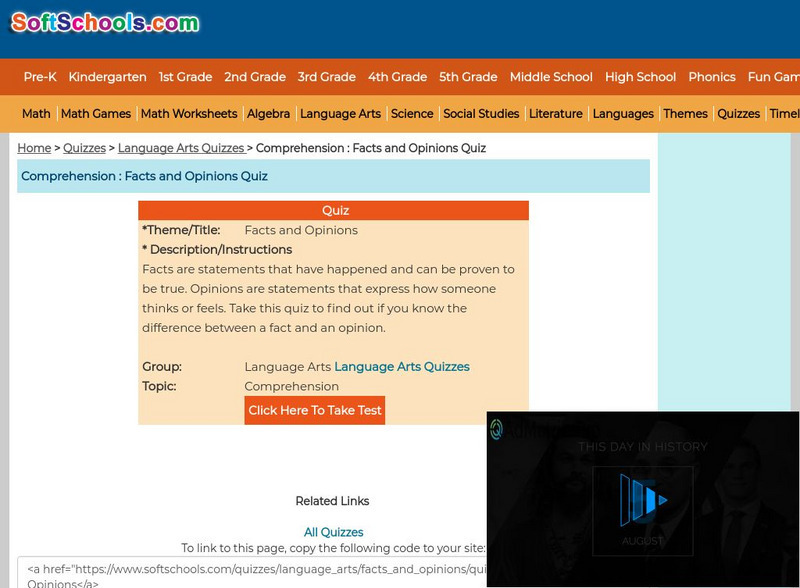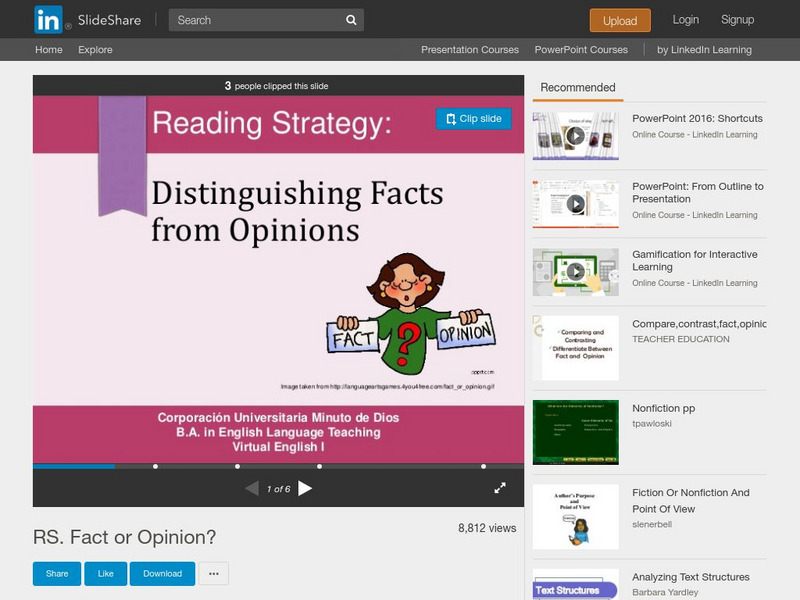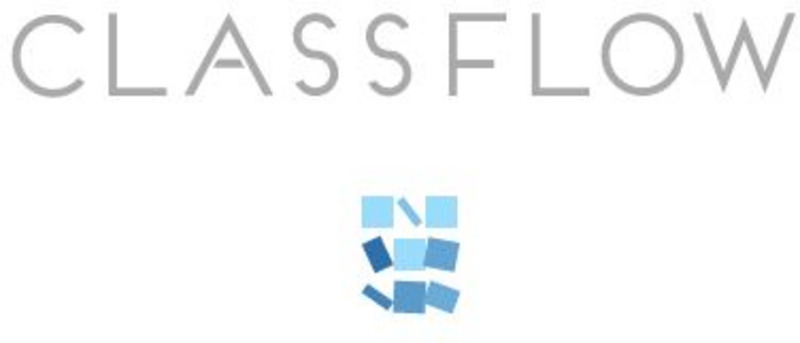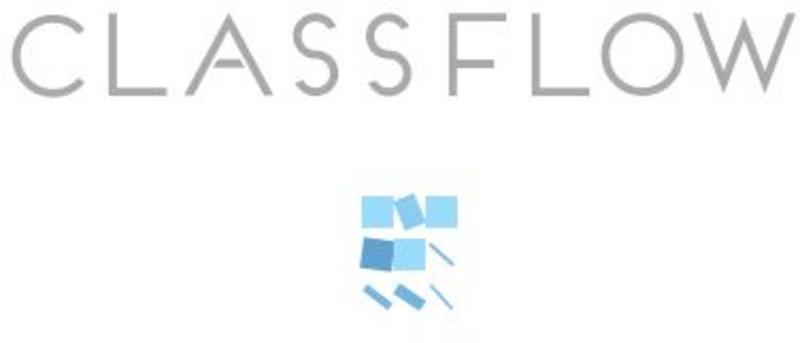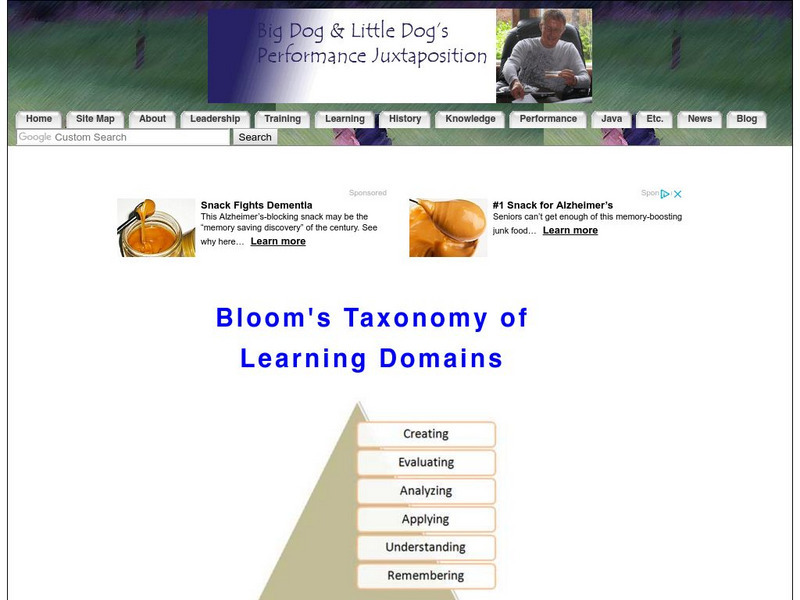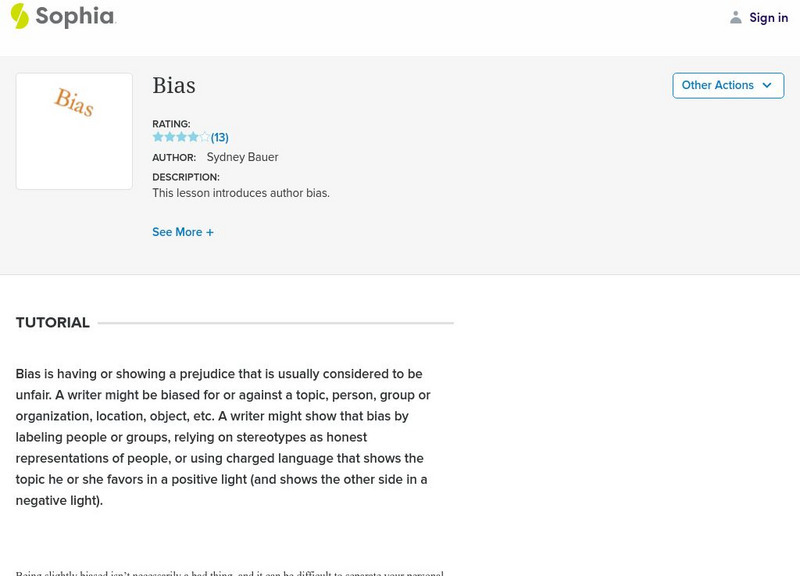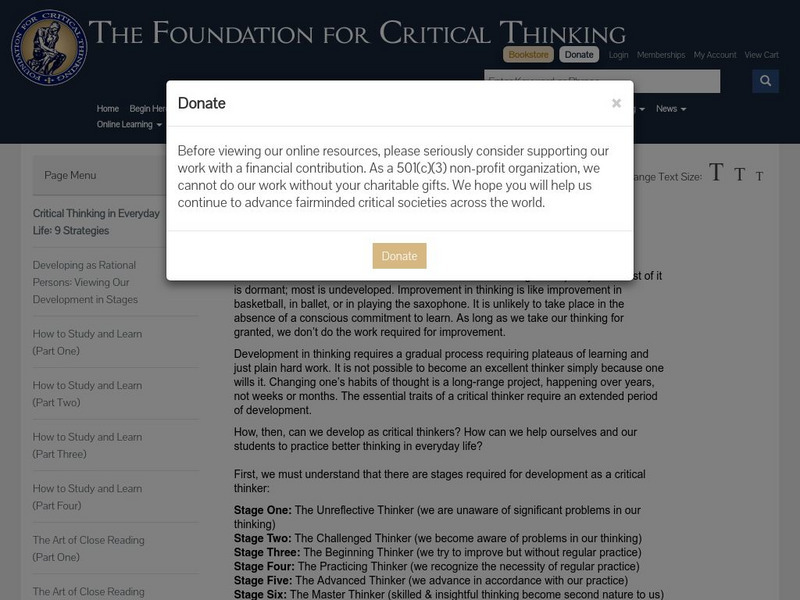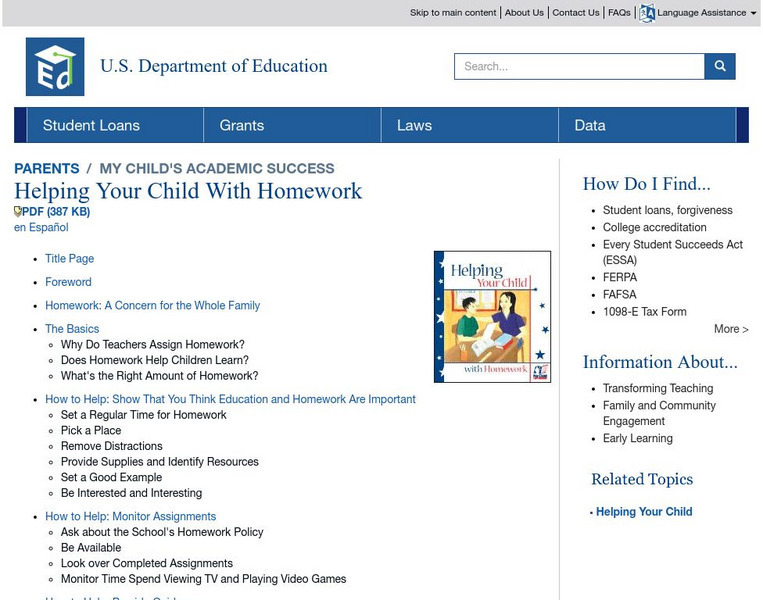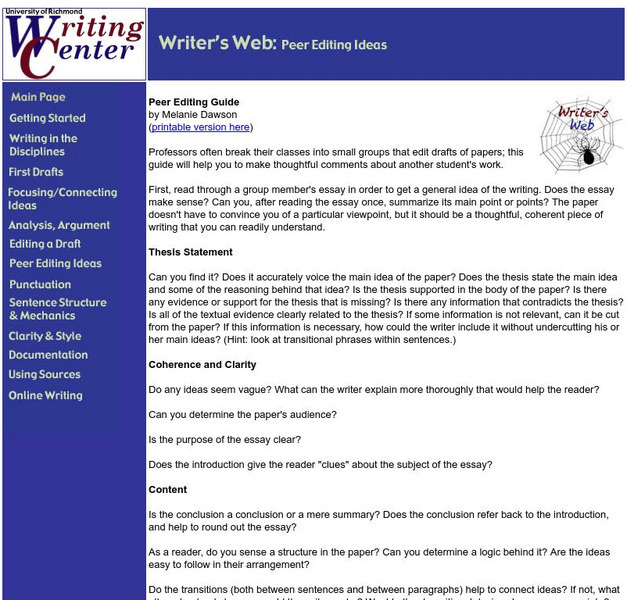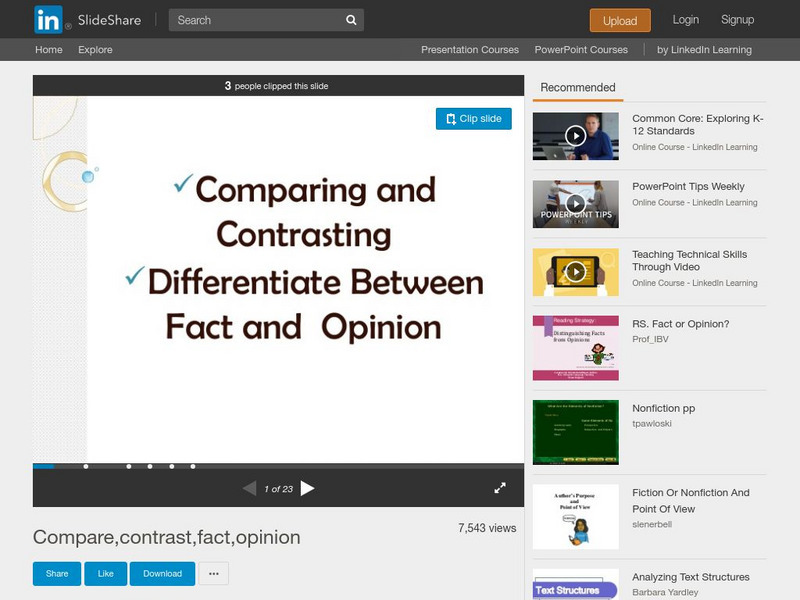Soft Schools
Soft Schools: Comprehension: Facts and Opinions Quiz
Determine whether each statement is fact or opinion in this ten-question quiz.
Tom Richey
Slide Share: Facts and Opinions
This slideshow focuses on facts and opinions; it provides definitions, examples, and articles for practice.
Other
Expert click.com: Yearbook of Experts
This site, which is provided for by Expert Click.com, gives an online encyclopedia of sources for journalists and broadcasters.
Other
Changing Minds: Actor: Observer Difference
This site provides an explanation of the actor/observer bias as a theory. Also provided is a small piece of information about research done to support the theory and also links to related information.
ClassFlow
Class Flow: Primary Source Interpreting Media Photos
[Free Registration/Login Required] In this flipchart teachers can share primary source photos with students who will take part in an activity to interpret them.
ClassFlow
Class Flow: Encyclopedia Britannica Online
[Free Registration/Login Required] This flipchart explains how to use the Encyclopedia Britannica Online.
ClassFlow
Class Flow: Fact and Opinion
[Free Registration/Login Required] Designed for grade 6, this flipchart covers the differences between fact and opinion. Students will analyze statements to determine if they are a fact or if they are an opinion.
ClassFlow
Class Flow: Fact or Opinion
[Free Registration/Login Required] This flipchart reviews the definitions of fact and opinion and gives the students opportunities to sort and identify fact and opinion statements.
ClassFlow
Class Flow: Fact or Opinion
[Free Registration/Login Required] Students will be introduced to the difference between facts and opinions. They will practice determining which statements are facts and which are opinions. Activities include sorting and classifying...
ClassFlow
Class Flow: Is That a Fact?
[Free Registration/Login Required] In this flipchart, students will be introduced to concept of fact and opinion. It also contains an activating activity, teacher-directed instruction, key vocabulary, guided practice, independent...
ClassFlow
Class Flow: Leads Part Ii
[Free Registration/Login Required] Students will recognize different types of leads and will choose which leads best fit different pieces of writing. This is a part of the process of organizing and revising a piece of writing.
ClassFlow
Class Flow: Library Dictionary
[Free Registration/Login Required] This flipchart can be used in a library/resource center to illustrate alphabetical order and how books are arranged on the shelves in the library. It also discusses alphabetical order to help teach...
Donald Clark
Bloom's Taxonomy of Learning Domains
This article--in text and charts--explains the three learning domains devised by Benjamin Bloom.
Sophia Learning
Sophia: Identifying Bias
This lesson explains how to identify an author's bias. This tutorial lesson shares a short slideshow with the lesson's content. An additional link is also provided to supplement this lesson on bias.
Other
Critical Thinking in Everyday Life: 9 Strategies
This resource presents strategies to help improve your critical thinking skills, this site provides useful information for applying these skills to your everyday life.
US Department of Education
Helping Your Child With Homework
Your attitude counts! Look here for hints from the U.S. Department of Education on monitoring students homework. For students of all ages and for parents, this is a guide, checklist, and a list of resources that will help with homework.
University of Richmond
University of Richmond/peer Editing Strategies
Under the heading "Peer Editing Strategies," you'll find two links, "Do's and Don't of Written Commentary." and "Peer Editing Guide." The first emphasizes being helpful and considerate. The second lists questions to consider when...
FNO Press
From Now On: The Research Cycle, 2000
Excellent site from From Now On for students who are assigned research papers and need to begin finding and reading material. Part of a book, the site gives information on questioning, evaluating, planning, gathering, sorting,...
SMART Technologies
Smart: Inference and Prediction
Students will learn the difference between making a prediction and an inference as they engage in class discussions about both reading skills, play a game, look at art, and listen to songs.
Tom Richey
Slide Share: Comparing and Contrasting: Differentiating Between Fact and Opinion
This downloadable slideshow focuses on comparing and contrasting, and distinguishing between fact and opinion. It provides definitions and examples of each.
ClassFlow
Class Flow: Evaluate Site
[Free Registration/Login Required] This flipchart provides students with strategies for researching on the internet and how to tell if a resource is reputable. CCSS.ELA-Literacy.CCRA.R.7
Other
Thinking Skills in Education: Comparing Four Frameworks
An interesting article that discusses various types of thinking skills and why they are important in education.
Other
How to Improve Critical Thinking
It is important to be able to think in different ways. This site gives some ideas on how to improve your critical thinking skills.


